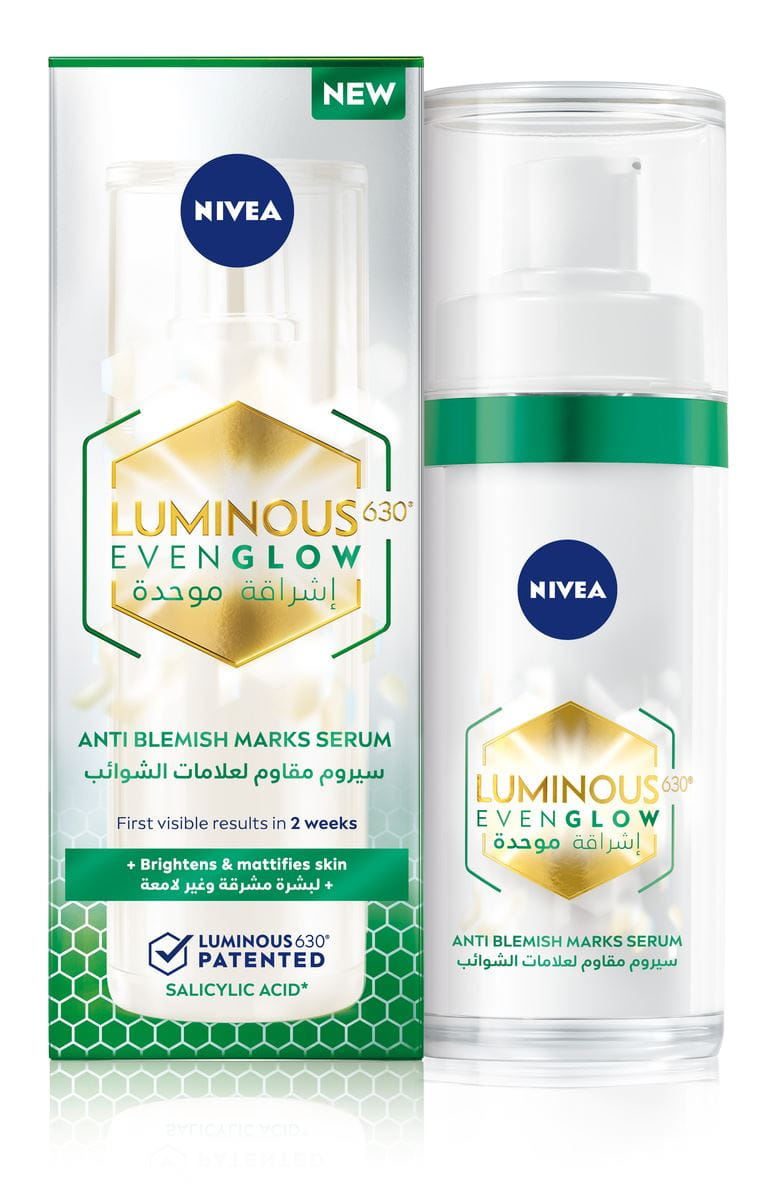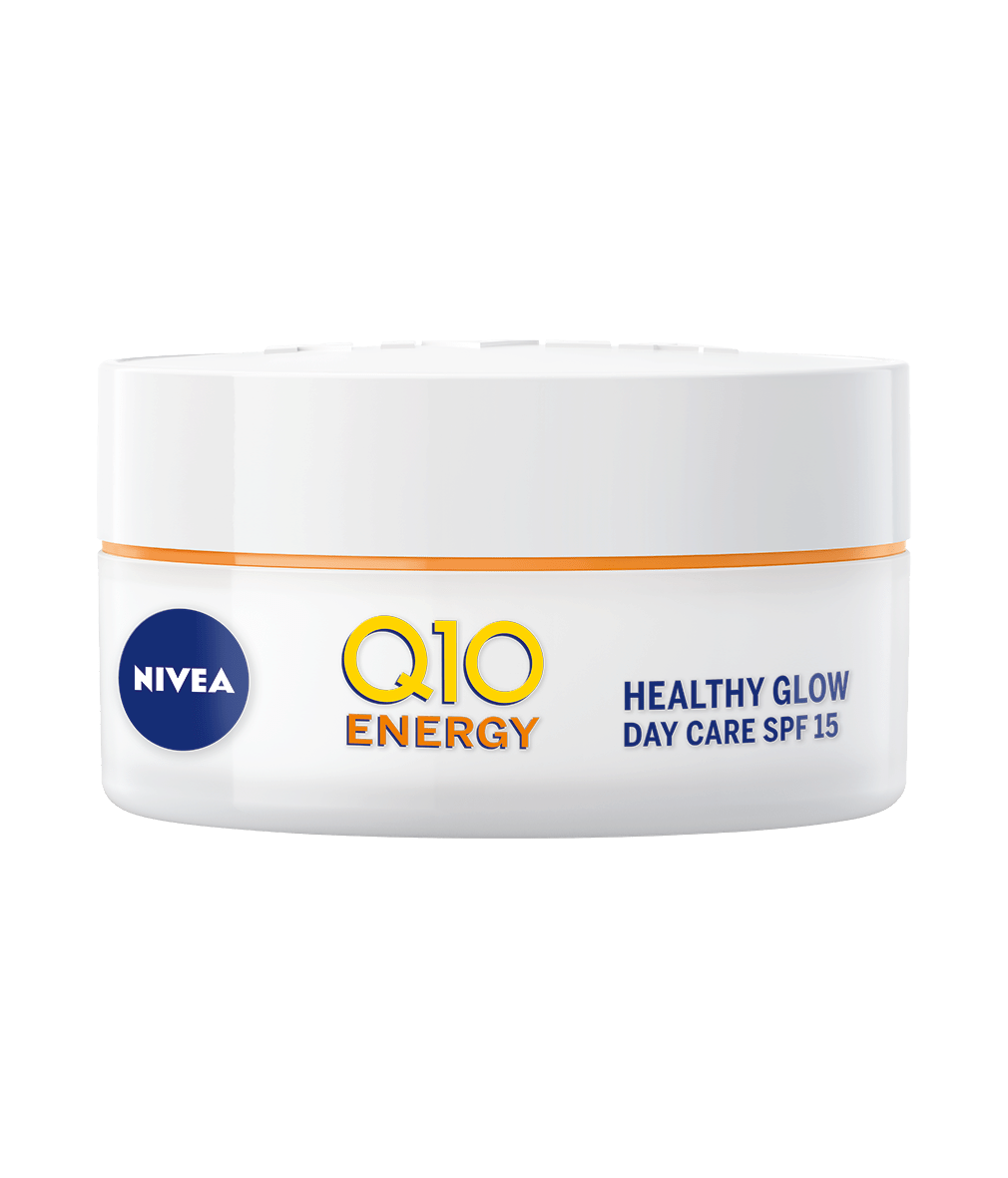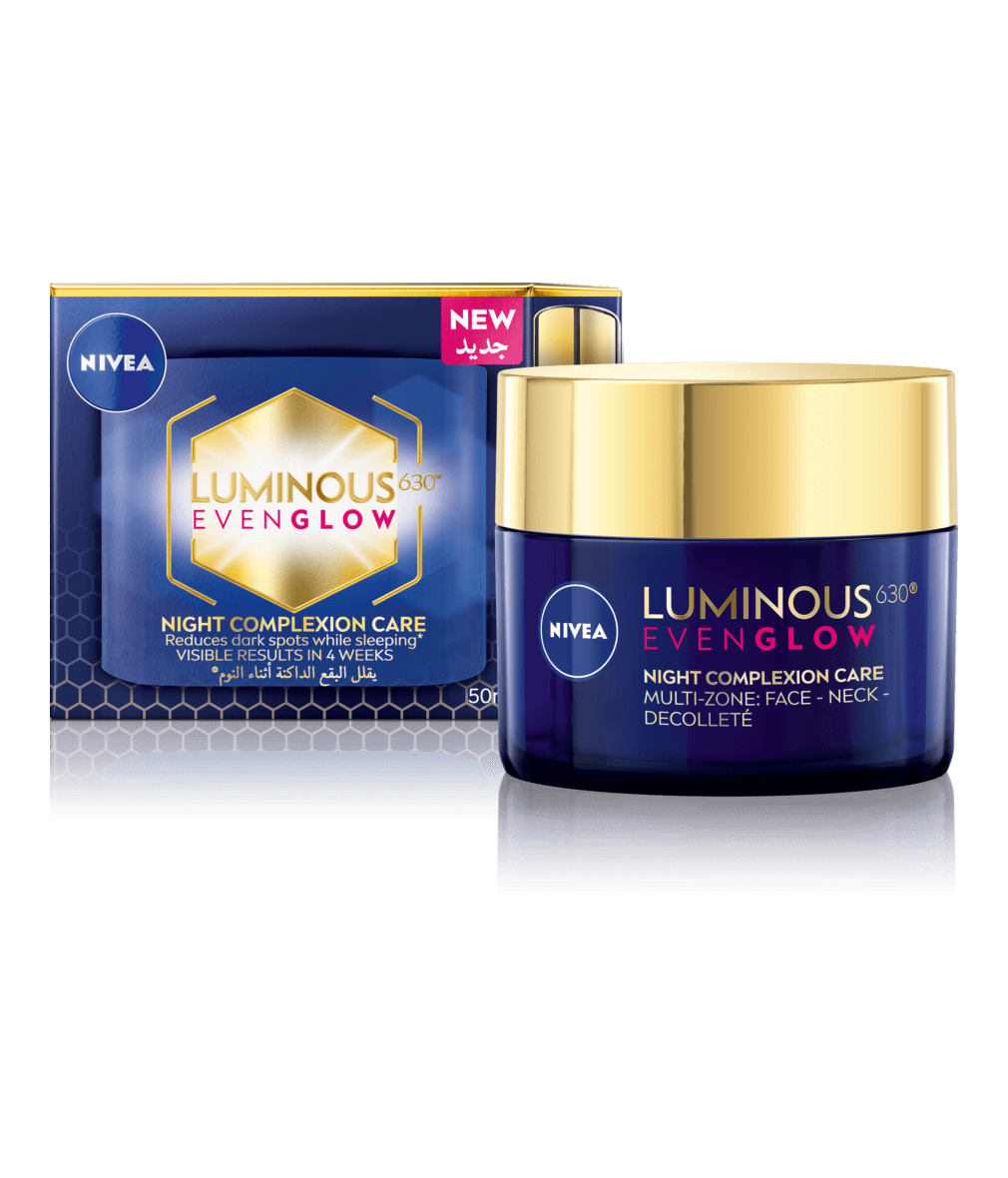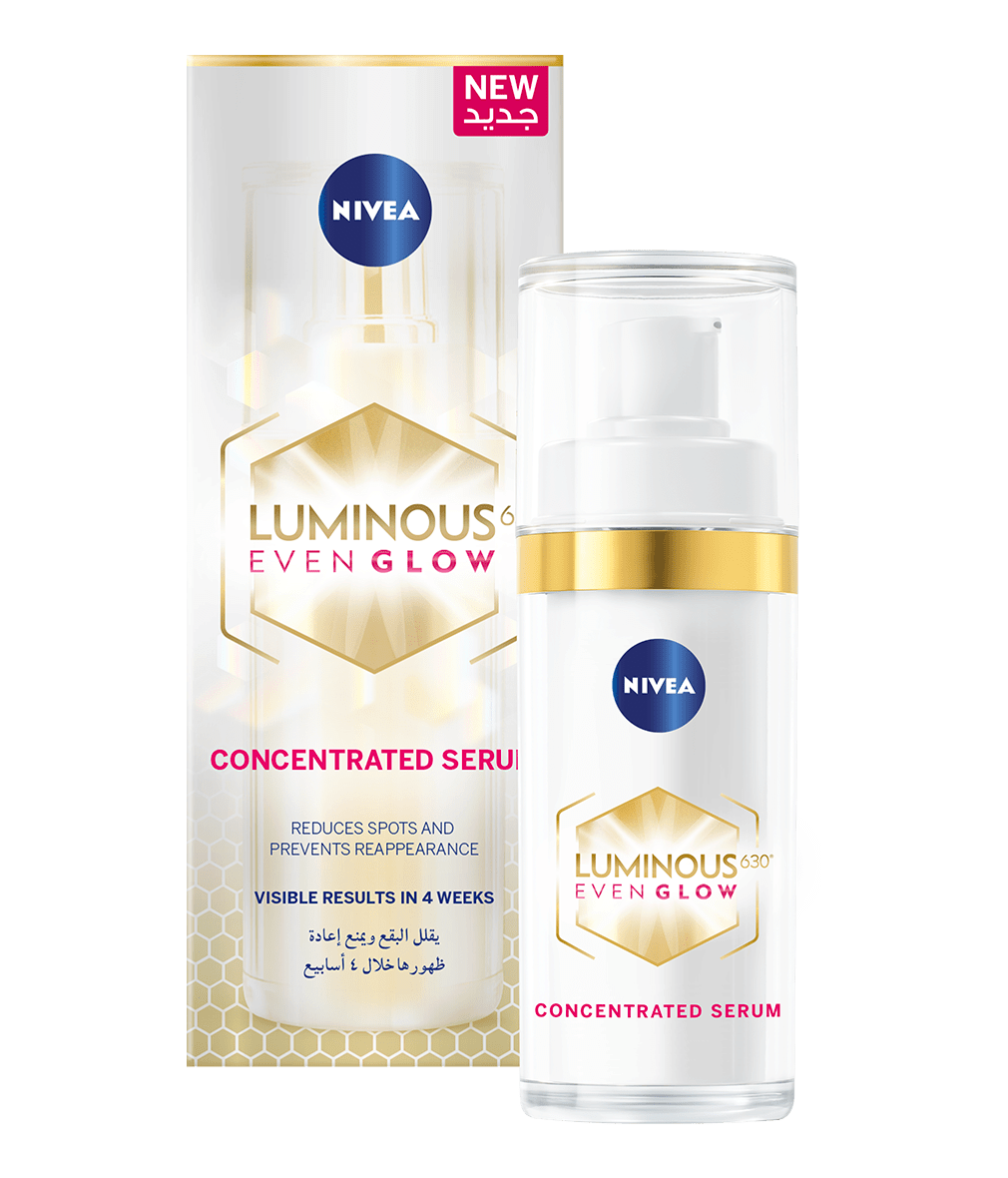
Useful Skincare Tips To Get Clear and Glowing Skin
Achieving clear and glowing skin isn't just about using the right products—it's about adopting a comprehensive skincare routine and maintaining healthy lifestyle practices. Beautiful, healthy skin is a reflection of good health. Since our skin is exposed to various stressors and environmental changes throughout the year, it’s crucial to give it the care it needs, especially our face, which is more sensitive and frequently exposed. This guide will provide you with detailed steps and tips to help you maintain a radiant complexion.







